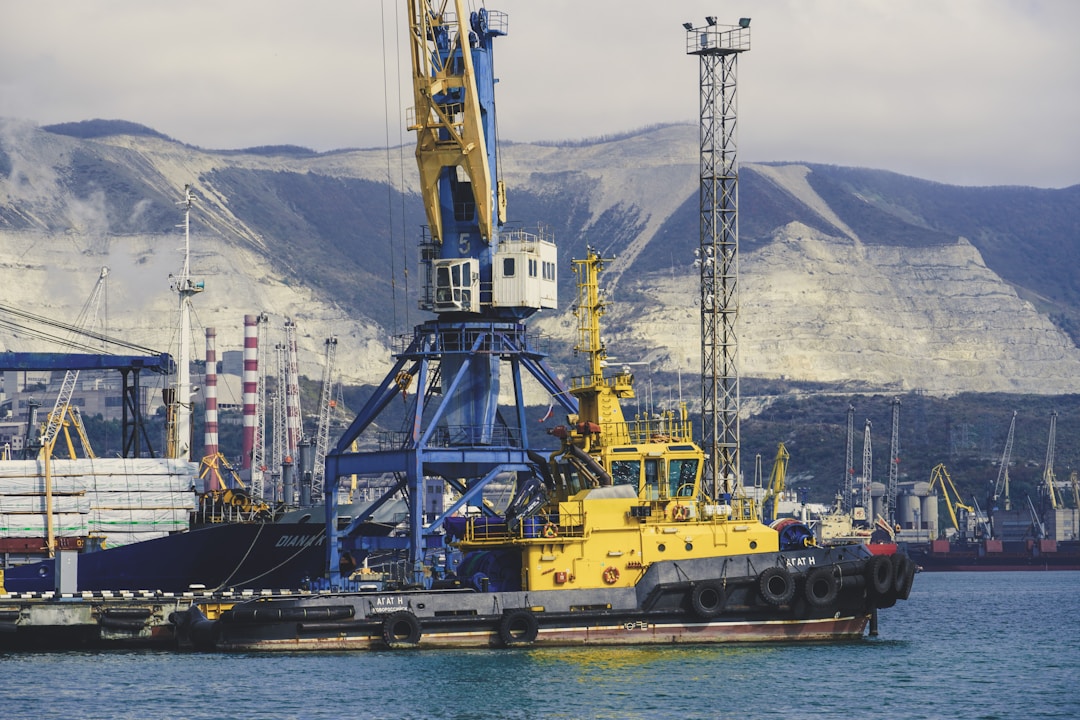Global Fareast Int'l Logistics Co.,Itd.
Blog
Understanding Sea Freight Logistics: A Comprehensive Guide
Release Time:
2025-08-16 09:40
source:
Sea freight logistics is a vital component of global trade, allowing businesses to transport goods across oceans and continents efficiently. It encompasses various processes, from the initial planning stages to the final delivery of products at their destination. Understanding the intricacies of sea freight logistics can significantly benefit companies looking to optimize their shipping strategies.
One of the primary advantages of sea freight logistics is its cost-effectiveness. Transporting large quantities of goods via cargo ships is often more economical than other methods, such as air freight. This makes it an attractive option for businesses that deal with bulk shipments. Additionally, sea freight can accommodate a wide range of cargo types, including heavy machinery, raw materials, and consumer products, making it versatile for various industries.

The sea freight logistics process typically begins with selecting a reliable freight forwarder who can manage the shipment from start to finish. This includes booking cargo space on a vessel, preparing necessary documentation, and ensuring compliance with international regulations. It's crucial to choose a forwarder with experience and expertise in handling specific types of cargo to avoid potential delays or issues.
Once the cargo is loaded onto the vessel, it embarks on its journey to the destination port. During this transit phase, several factors can impact the shipping timeline, including weather conditions, port congestion, and customs clearance procedures. Advanced tracking systems allow businesses to monitor their shipments in real-time, providing updates and enhancing transparency throughout the process.
Upon arrival at the destination port, the cargo goes through customs clearance, where it's inspected and assessed for duties and taxes. Efficient customs handling is essential in sea freight logistics, as delays at this stage can lead to increased costs and extended delivery times. After clearance, the cargo is either picked up by the recipient or transported to a designated location.
In conclusion, sea freight logistics plays a crucial role in facilitating international trade. By understanding its processes and benefits, businesses can make informed decisions about their shipping strategies. Whether you're a small business looking to expand globally or a large corporation managing extensive supply chains, leveraging sea freight logistics can enhance efficiency and reduce shipping costs, ultimately contributing to the success of your operations. Engaging with a professional logistics partner can further streamline the process, ensuring that your cargo reaches its destination smoothly and efficiently.
Related news





